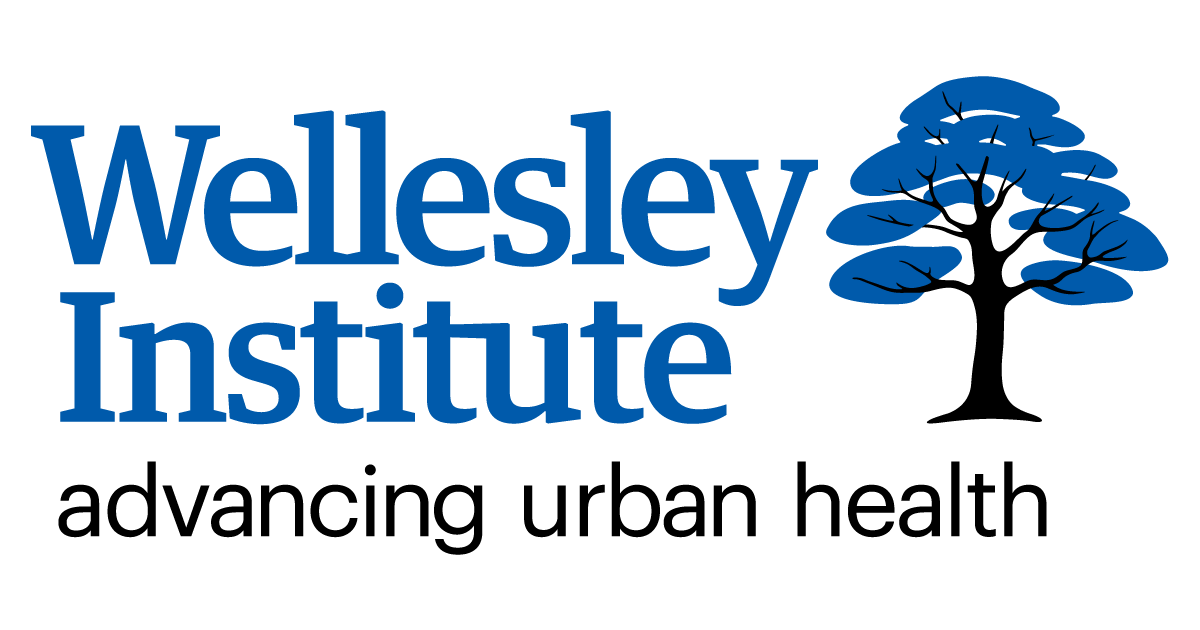Hypothetical Situation Interacting with a Resident

SURVEYOR:
Hello, my name is Sally, and this is my colleague Joe. We’re student researchers from the University of Toronto (hold up student card and nametag). We’re conducting a survey in your neighbourhood about public policy issues like healthcare, transportation, safety, education, etc. It takes about 10-15 minutes to complete on the tablet (show them the format)and you’ll get 20 dollars for your time. Would you be able to help us out?
RESIDENT:
Sure.
SURVEYOR:
Great, thank you. Before the survey begins, there is an informed consent page. Basically, it tells you who the main researchers are and what the purpose of the study is. Participation is voluntary and you can stop anytime you wish. Your responses will remain anonymous and confidential. The contact information of the research supervisors is at the bottom if you have any questions or concerns. Feel free to sit down if you’re more comfortably, and we’ll be right out here in case you have any questions.
RESIDENT:
I don’t understand this question (‘In what neighbourhood do you live?’).
SURVEYOR:
Say you’re at a party and someone asks you “what neighbourhood do you live in?”, how would you respond? Whatever you would say to them would be the answer you enter.
RESIDENT:
So if I say ‘a diverse and multicultural neighbourhood’ would that be ok?
SURVEYOR:
Yes, it’s up to you. There’s no right or wrong answer here!
RESIDENT:
In both the neighbourhoods described in this question, it says that ‘people keep to themselves’, but around here people help each other out.
SURVEYOR:
I see. The question is just giving you two hypothetical neighbourhoods, not asking you to describe where you currently live. I understand that the choices are limited, but if you had to choose, which neighbourhood would you prefer to live in, considering all of the characteristics listed here?
RESIDENT:
(Reading the question out loud) “How long does your commute to school or work take?” I don’t go to work or school.
SURVEYOR:
Yes, it’s up to you. There’s no right or wrong answer here!
RESIDENT:
(Reading the question out loud) “How long does your commute to school or work take?” I don’t go to work or school.
SURVEYOR:
That’s no problem. When you do go out to run an errand, or visit a friend, how long does that take? You can use that for your answer.
RESIDENT:
What? I’m only halfway done?
SURVEYOR:
Keep going, you’re doing great, almost there!
RESIDENT:
What does this question mean by “local charities and agencies”?
SURVEYOR:
Any organizations that offers social services like the food bank, for example. I think I saw a few around here like the YMCA, or Toronto Community Housing.
RESIDENT:
(Reading the question out loud) “How satisfied are you with each level of government under their current leaders?” Oh, hey, it’s that guy who’s really messed things up, am I right?
SURVEYOR:
Whatever your opinion is, you can indicate it in the survey!
RESIDENT:
Okay, I’m done.
SURVEYOR:
That’s great! Thank you so much, we really appreciate you taking the time. Here’s your cash and receipt. Do you have any final questions for us?
RESIDENT:
Oh no, I don’t need it, I was happy to just do the survey. Take it for yourselves, please!
SURVEYOR:
Thank you, but we can’t accept it. You earned it by doing the survey! If you don’t feel comfortable accepting it, you can always donate it to your favourite charity, give it to someone else in the household, or buy a pizza for the family!
RESIDENT:
That’s a good idea, I’ll do that. What’s going to happen next with the project?
SURVEYOR:
After we hit our target number of surveys for the neighbourhood, the research team will conduct some interviews and analyze the data. It’s hard to say when the whole process will be done, we’re expecting sometime in the spring. If you’d like a copy of the report, we can email it to you, or you can find an online publication on the Wellesley Institute’s website.




